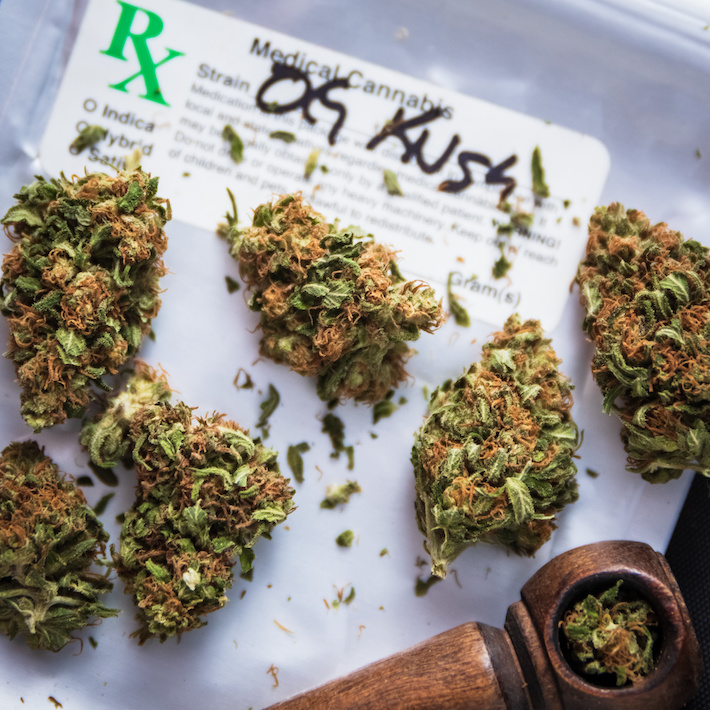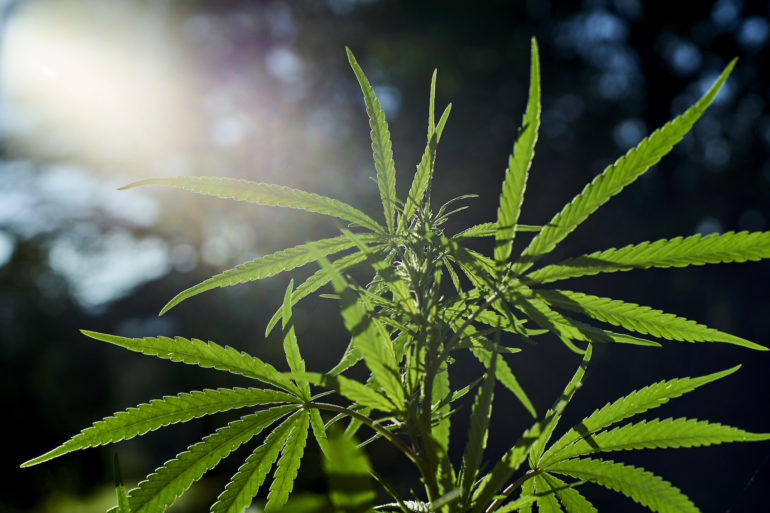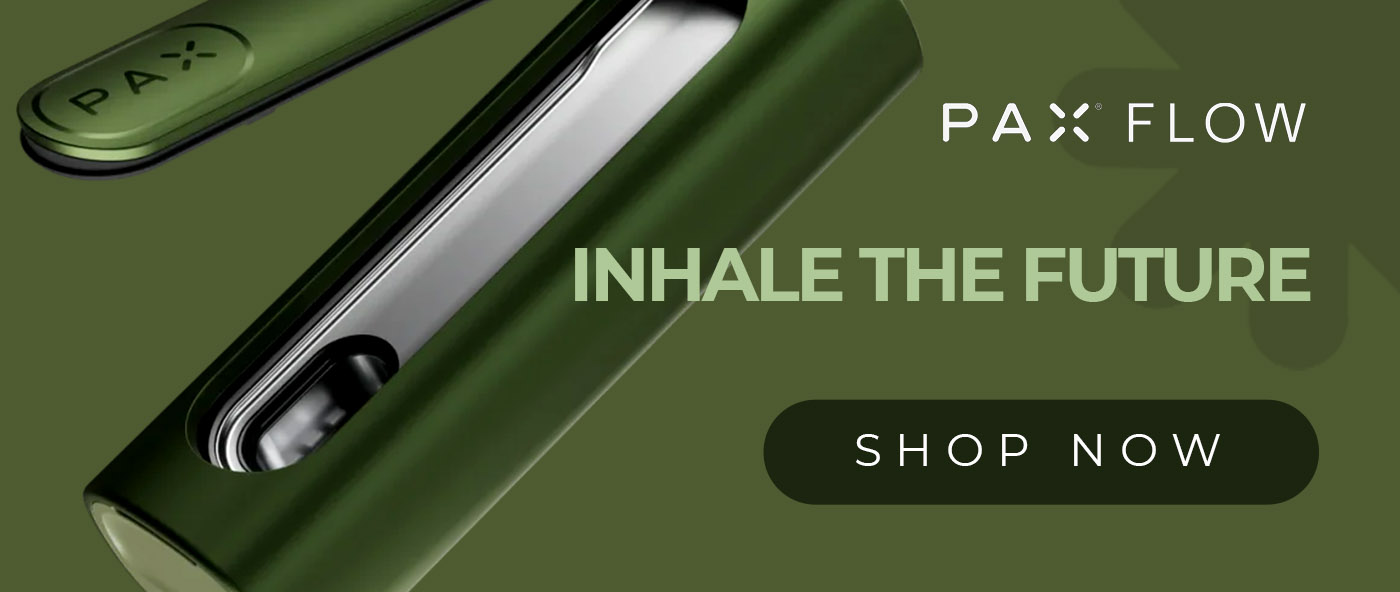Delta-8 THC is legal in Minnesota, but the state’s legalization of recreational marijuana use will change things for the cannabinoid.
While many states allow the cannabinoid to be sold as “hemp” with minimal regulations, from March 2025, Minnesota will create a category of “lower potency edibles” that cannot include delta-8 THC. This means that delta-8 THC products will only be available to adults aged over 21 as part of the regulated cannabis market.
But what does this mean for consumers? Will legal weed kill the delta-8 THC market?
Is Delta-8 THC Legal to Sell in Minnesota?
Delta-8 THC is legal to sell in Minnesota, but there are some limitations on dosage, and by March 1, 2025, all delta-8 THC products will be regulated under the state’s adult use program.
Minnesota state law defines hemp in the same way as the federal Farm Bill, which basically means delta-8 THC is legal by default in the state. However, in 2022 the state passed laws limiting the amount of any tetrahydrocannabinol in hemp products, with a maximum of 0.3% of any THC, and a limitation of 5 mg of any THC per serving and 50 mg per container for edible products.
Minnesota’s adult use legislation – House File (HF) 100 – slightly altered dosage requirements for hemp-containing beverages. Under the new legislation, beverages can only contain two servings, or 10 mg of THC total.
When the state’s low-THC hemp program sunsets on March 1, 2025, delta-8 THC products will have to meet the same standards as regulated marijuana products.
RELATED: Delta-8 THC Legality by State
Delta-8 THC Legislation Timeline for Minnesota
Delta-8 THC was legal in Minnesota from 2020 onwards, but more restrictions on the cannabinoid were passed in 2022 and 2023.
Minnesota first established the Industrial Hemp Development Act in 2015, with a slightly different definition of “hemp” that didn’t specify “all cannabinoids” were included. The state changed its definition in 2020, adopting the same language as the Farm Bill, and in the process essentially legalized delta-8 THC.
The new hemp law got another update in 2022 with HF 4065, and this law clearly had delta-8 THC edibles and other isomers in mind. As well as instituting rules for packaging and increasing the testing required, this bill changed the THC limit to be for “any tetrahydrocannabinol,” so the sum of delta-8, delta-9, delta-10 and more would have to make up less than 0.3% of the product.
The final change is coming with HF 100, the bill to legalize and regulate marijuana in the state, which was signed by Governor Tim Walz on May 30, 2023, and takes effect on August 1st, 2023. Along with legalizing marijuana itself, the bill creates a category of “lower potency hemp edibles,” taking effect from March 1st, 2025, which essentially cannot contain delta-8 THC, other than small amounts of naturally-occurring delta-8. However, delta-8 THC will remain legal as part of “edible cannabinoid products,” which can only be sold to adults aged over 21 by people registered as sellers.
Can Delta-8 THC Be Added to Food?
Yes. Despite federal prohibitions on adding delta-8 THC to food, it’s allowed by Minnesota state law, and will remain legal after HF 100 comes into force.
The federal Food, Drug and Cosmetic Act (FD&C Act) makes it illegal to add ingredients like delta-8 THC – which is not “Generally Recognized As Safe” – to food in interstate commerce. This means that it’s illegal to sell any delta-8 THC containing food across state lines. However, sales within Minnesota are covered by the state’s specific laws addressing these issues, and the most recent ones explicitly allow delta-8 THC in foods.
Can You Buy Delta-8 in Minnesota?
Delta-8 THC products are available in Minnesota, from both local stores and online stores which ship to the state. Beginning March 1, 2025, consumers will have to buy delta-8 THC from state-licensed dispensaries.
RELATED: The Best Delta-8 THC Brands to Buy
Delta-8 Alternatives You Can Legally Buy in Minnesota
The best alternative to delta-8 THC which is legally available in Minnesota is delta-9 THC, whether through hemp products or – from August 1st, 2023 – marijuana products bought from state-licensed dispensaries. However, edibles sold in the state cannot contain HHC, THC-P or THC-O, unless they are explicitly authorized in the future.
RELATED: What’s the Difference Between Delta-8 and Delta-9 THC?
Are There Age Restrictions on Delta-8 THC Products?
Delta-8 THC products can only be purchased by people aged 21 and over in Minnesota.
Can You Consume Delta-8 THC in Public in Minnesota?
Local governments within Minnesota can pass restrictions on using delta-8 THC in public as of August 1st, 2023. However, prior to this date and before local governments make changes, you technically aren’t limited other than by existing laws banning indoor smoking in public places.
Can You Drive Under the Influence of Delta-8 THC in Minnesota?
Driving under the influence of delta-8 THC remains illegal in Minnesota. HF 100 adds language that explicitly includes delta-8 THC in the laws, but also creates a pilot program that aims to use saliva testing to define “intoxicated” when it comes to cannabinoids.
Can You Travel to Minnesota With Delta-8?
Traveling to Minnesota with delta-8 THC is legal, provided the place you’re traveling from also has legal delta-8.
The Transport Security Administration (TSA) allow hemp on flights, and isn’t especially interested in marijuana products anyway – they have to report lawbreaking to the cops but they don’t look for it. The best advice is to bring a Certificate of Analysis (COA) for the product to confirm that it is federally legal hemp. For Minnesota itself, since delta-8 is legal in the state for over 21s, bringing federally legal hemp to the state is not an issue.
Closing Thoughts: The Future for Delta-8 in Minnesota

Delta-8 THC is basically going to be absorbed by the regulated cannabis industry following the sunset date of March 1, 2025. Since it can’t be used in a lower-potency hemp edible, the only option for the cannabinoid is in an edible cannabinoid product, which must be sold essentially like cannabis products. In short, while delta-8 THC will remain available, most consumers will switch over to ordinary edibles when regulations remove the “convenience” factor.
HF 100 also requires that manufacturers inform the Office of Cannabis Management which conversion methods they use, and that these methods must be approved before they can be used. Since the DEA is looking to ban the conversions used to make delta-8, it’s possible the office will follow suit and not approve these methods. However, since they’ll have to meet high product standards anyway and the law is written with conversions in mind, it’s more likely that they’ll allow it.

